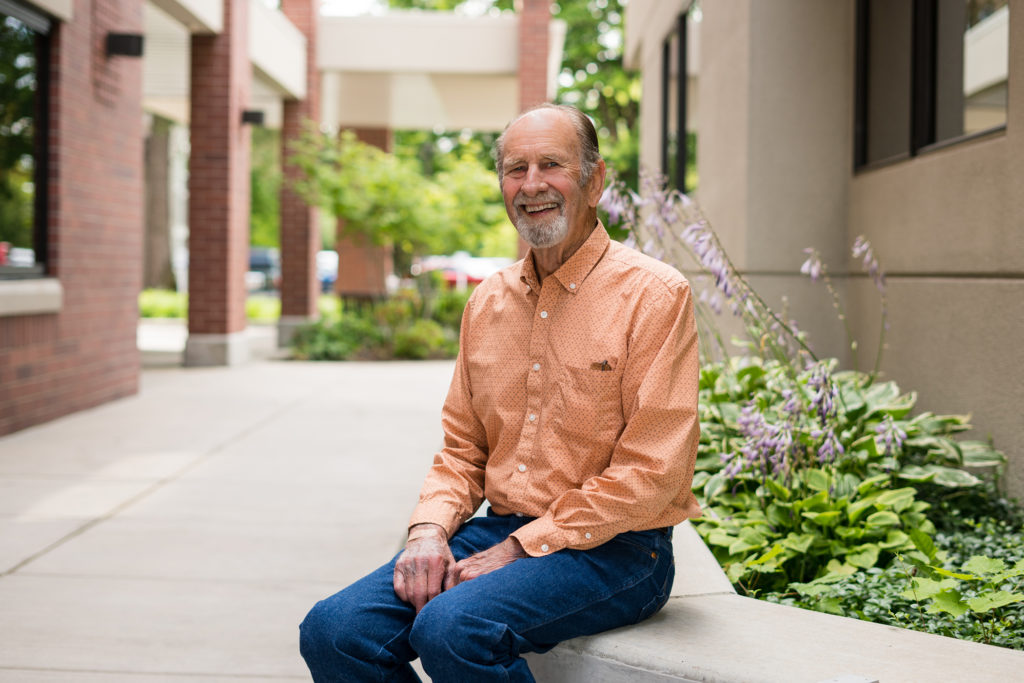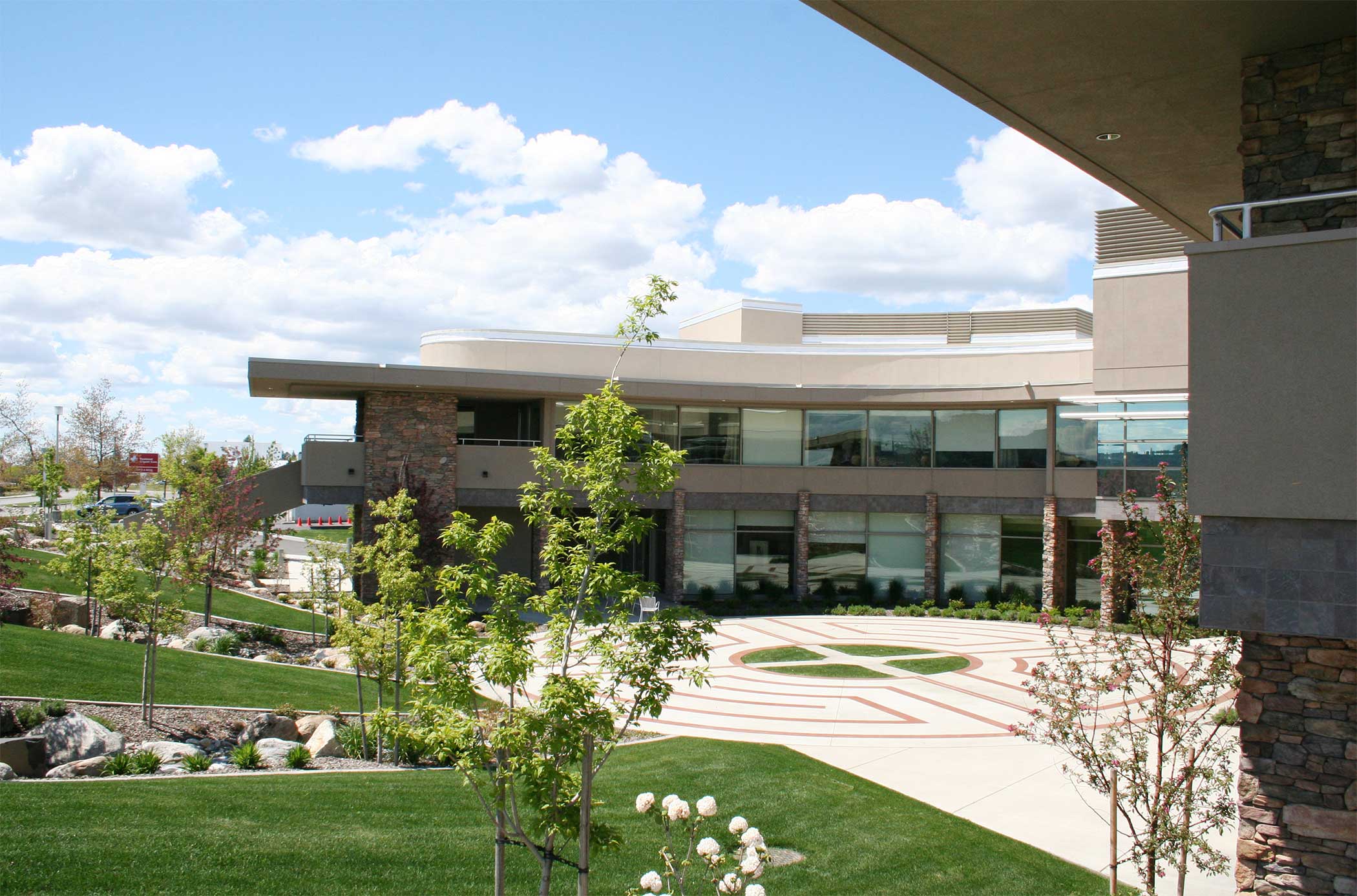TAVR Procedure is now available at Kootenai Heart Clinics in Coeur d’Alene
For several years now patients across the Inland Northwest have benefitted from TAVR, a relatively new procedure for patients in need of heart valve replacement surgery performed at Kootenai Heart Clinics in Spokane, Wash. With the growing demand and success of the procedure, Kootenai Heart Clinics is now offering TAVR at their Coeur d’Alene location.
“This is a procedure that Kootenai Heart Clinics has been offering for years in Spokane. Initially, TAVR was reserved for patients at high risk for open-heart surgery. However in the last few years, the procedure has been studied in patients who are at lower risk, and it has provided equal outcomes in the short term. Thus as a result of the recent research, we are now are able to offer the procedure to a larger number of patients who previously didn’t qualify,” said Eric Wallace, M.D., an interventional cardiologist with Kootenai Heart Clinics. “With this in mind, we felt the need to provide this and other more advanced procedures closer to our patient’s homes and family in Idaho.”
TAVR, which stands for transcatheter aortic valve replacement, treats aortic stenosis, the narrowing and hardening of the aortic valve. When aortic stenosis gets too severe, the heart valve isn’t able to open and close properly. TAVR allows a new valve to be inserted via a catheter through the leg rather than open-heart surgery. The new valve is inserted within the diseased valve, allowing it to function properly.
This procedure was initially designed for those who are at a higher risk of complications or who may have other severe health problems. However recently the FDA has approved this procedure to all patients with aortic stenosis.
Karl “Ted” Graupner, of Naples, Idaho, was one of the first patients to undergo the procedure in Coeur d’Alene. Due to a few key factors, Ted was an ideal candidate for TAVR.
“I felt fatigued and experienced dizziness and shortness of breath for quite a while,” he explained. “After discovering a heart murmur due to a bad heart valve, I was referred to Dr. Wallace. Together we decided TAVR was my best option.”

Unlike open-heart surgery, which requires a several-day stay in the hospital and averages about six weeks of limited activity, patients who undergo TAVR average a two-night stay and can often return to light activity within the first week following surgery.
“Patients should go home feeling better and have an easier recovery following TAVR,” Jenny Socci, structural heart coordinator for Kootenai Heart Clinics, said. “We’ve had patients feel well enough to go golf a week or so after surgery.”
Although TAVR sounds like a more convenient option for surgery, it may not be the right fit for everyone.
“The decision for TAVR versus open heart surgery is a complex one,” Dr. Wallace said. “While it is attractive for patients to opt for the more minimally invasive procedure, there are still times that concurrent bypass surgery may be the best option. This decision is usually made with the patient’s cardiologist in addition to multiple heart surgeons and Interventional Cardiologists who assess the patient’s overall risk for surgery while combining potential benefits. Currently, our cardiac team explores both options and will help them determine the best treatment plan.”
To help make the pre-operation and follow up process easier for patients coming from out of town, the Heart Clinics team does their best to “bundle” appointments, allowing patients to get all their lab work and screenings done in one trip.
“The whole process was a lot easier and less complex than I expected,” Zetta Graupner, Ted’s wife, said. “Knowing how much is involved before the surgery we expected to have to come for several visits, but we only had to travel for four appointments total. Not only were there fewer appointments but being able to get care in Coeur d’Alene made the trip much shorter.”



